/topics/government-programmes
Government Programmes
Draft Jharkhand Industrial Policy (2011) - What does it say on water ?
Posted on 06 Oct, 2011 09:50 PM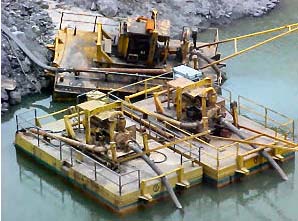
Image courtesy: Jharkhand State Industrial Development Corporation
The Jharkhand industrial policy (draft) 2011 has been formulated with the basic objective of optimally utilizing the available resources in planned and systematic manner for the industrialization of the state. It is aimed at enhancing value addition of the natural and human resources in an efficient manner to generate additional employment and resources for growth and development of the state.
Regional plan for Goa - Interim report by the task force - Government of Goa (2008)
Posted on 27 Sep, 2011 04:52 PMThe Government of Goa notified a Task Force to develop this plan, which comprised of members of the government, architects, conservationists, and members of the Chambers of Commerce.
The report is divided into the following sections:
Chapter 1: Planning for a better Goa
Procedure to be followed for consideration of projects that involve forestland for grant of environment clearance
Posted on 25 Sep, 2011 04:59 PMThe Ministry of Environment and Forests (MoEF) has based on consultation with stakeholders revised the procedure to be followed for consideration of projects that involve forestland for grant of environment clearance under EIA Notification, 2006. The requirement of information/data/documents for such projects is also outlined in the office memorandum.
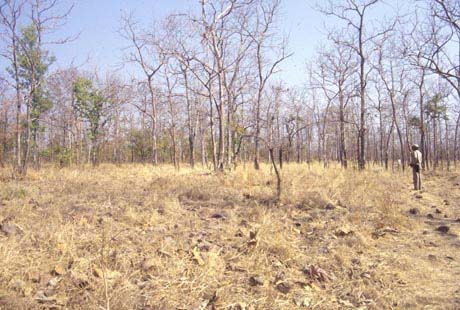
Image courtesy: Ministry of Environment and Forests
The Ministry of Environment and Forests (MoEF) had earlier issued an office memorandum vide no. J-11015/200/2008-IA.II(M) dated 31.3.2011 prescribing the procedure to be followed for consideration of projects for environmental clearance, which involve forestland.
Evaluation of Central Pollution Control Board (CPCB) – A report by Indian Institute of Management Lucknow
Posted on 25 Sep, 2011 02:41 PMThis evaluation report by the Indian Institute of Management (Lucknow) of the Central Pollution Control Board (CPCB), a central institution established to set environmental standards for all parts of the country focuses on strengthening of CPCB and its preparedness to undertake various measures as suggested by environmental statutes.
National Rural Livelihoods Project invites applications from Consultants - Apply by October 3, 2011
Posted on 22 Sep, 2011 11:54 AM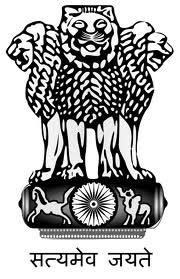
National Rural Livelihoods Mission (NRLM) aims at creating efficient and effective institutional platforms of the rural poor enabling them to increase household income through sustainable livelihood enhancements and improved access to financial and selected public services. Towards this purpose, the Government of India has availed a credit from International Development Association and the International Bank for Reconstruction and Development for the National Rural Livelihoods Project (NRLP) which aims to support the NRLM.
Disaster management in India – A report by Ministry of Home Affairs
Posted on 09 Sep, 2011 05:28 PMThe perception about disaster and its management has undergone a change following the enactment of the Disaster Management Act, 2005. The definition of disaster is now all encompassing, which includes not only the events emanating from natural and man-made causes, but even those events which are caused by accident or negligence.
Assessment of Jalamani programme on stand alone water purification systems in rural India - A report by Centre for Media Studies
Posted on 03 Sep, 2011 04:50 PM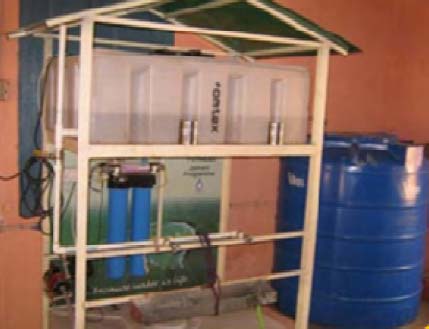 This report by the Centre for Media Studies, New Delhi presents an assessment of the Jalamani programme of the Department of Drinking Water Supply, Government of India. The centrally sponsored programme commenced in 2008-09 aimed at installing simple Stand Alone Water Purification Systems (SAWPS) in rural schools to enable school children to have access to safe and clean water. The focus was on tackling bacteriological contamination and turbidity in ongoing rural drinking water supply programme.
This report by the Centre for Media Studies, New Delhi presents an assessment of the Jalamani programme of the Department of Drinking Water Supply, Government of India. The centrally sponsored programme commenced in 2008-09 aimed at installing simple Stand Alone Water Purification Systems (SAWPS) in rural schools to enable school children to have access to safe and clean water. The focus was on tackling bacteriological contamination and turbidity in ongoing rural drinking water supply programme.
The assessment study used both qualitative and quantitative techniques such as focus group discussions and in-depth interviews besides structured questionnaire for a variety of stakeholders and research questions. Another important aspect of the quantitative tools was testing of the raw and treated water samples. The study was undertaken in 320 schools spread across 20 districts and six states.
Restructuring of the Central Water Commission – Ministry of Water Resources invites comments on its proposal till September 30, 2011
Posted on 25 Aug, 2011 12:24 PM
The restructuring is being proposed primarily to adopt river basins as the fundamental block for integrated planning, development and management of water resources in the country.
Rajiv Gandhi National Drinking Water Mission – Report of an evaluation study by the Planning Commission (2010)
Posted on 23 Aug, 2011 10:17 PMThis evaluation study report by the Programme Evaluation Organisation, Planning Commission attempts to document the major achievements in rural water services under Rajiv Gandhi National Drinking Water Mission. It does so by assessing the extent of coverage and access to improved services in the rural areas.
Biomass for sustainable development - Lessons for decentralized energy delivery in India – A report by World Bank
Posted on 22 Aug, 2011 07:55 PM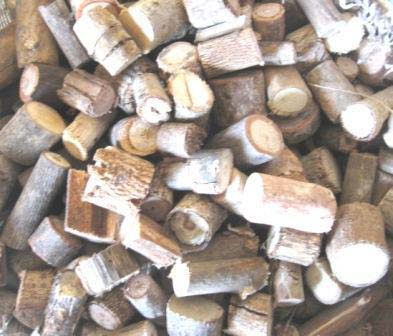 It presents a summary of recommendations for enhancing the effectiveness of energy service delivery through a decentralized program, which currently finds a critical place in the Government‘s energy policies and electrification targets.
It presents a summary of recommendations for enhancing the effectiveness of energy service delivery through a decentralized program, which currently finds a critical place in the Government‘s energy policies and electrification targets.
The pilot phase of the Village Energy Security Programme has shown several lessons and the need for improvements.





